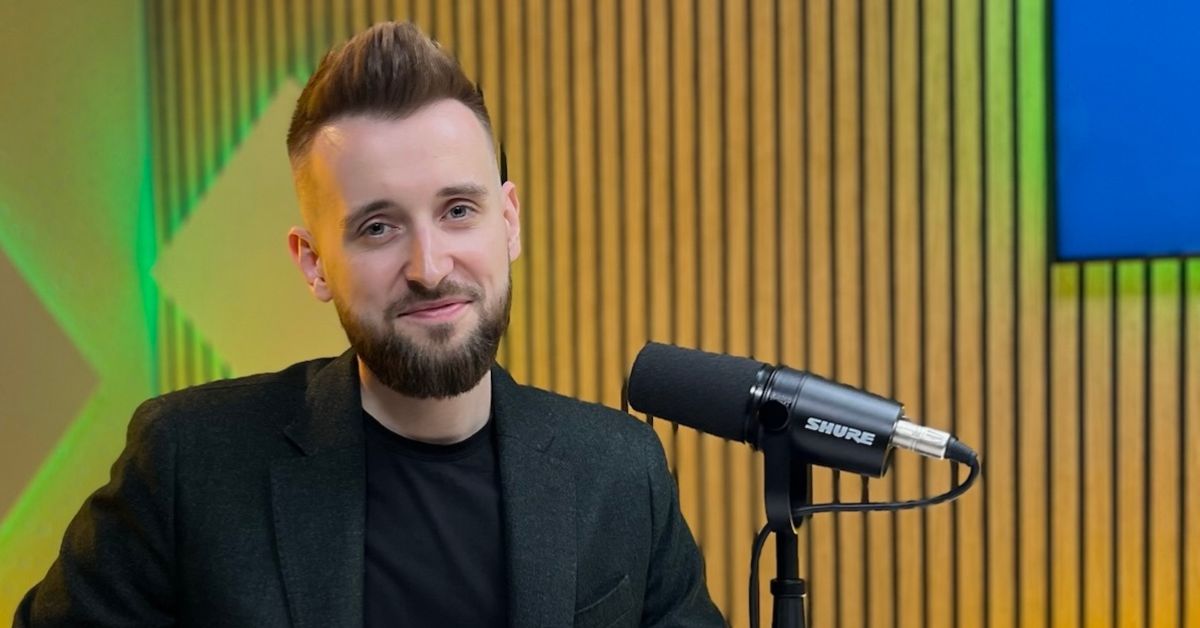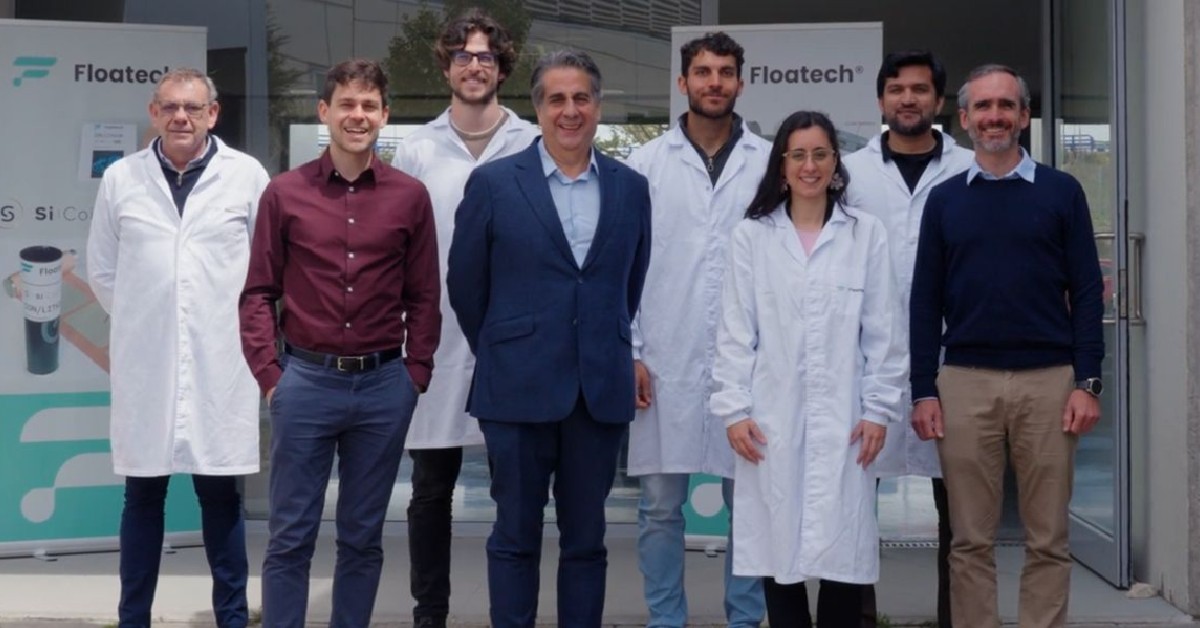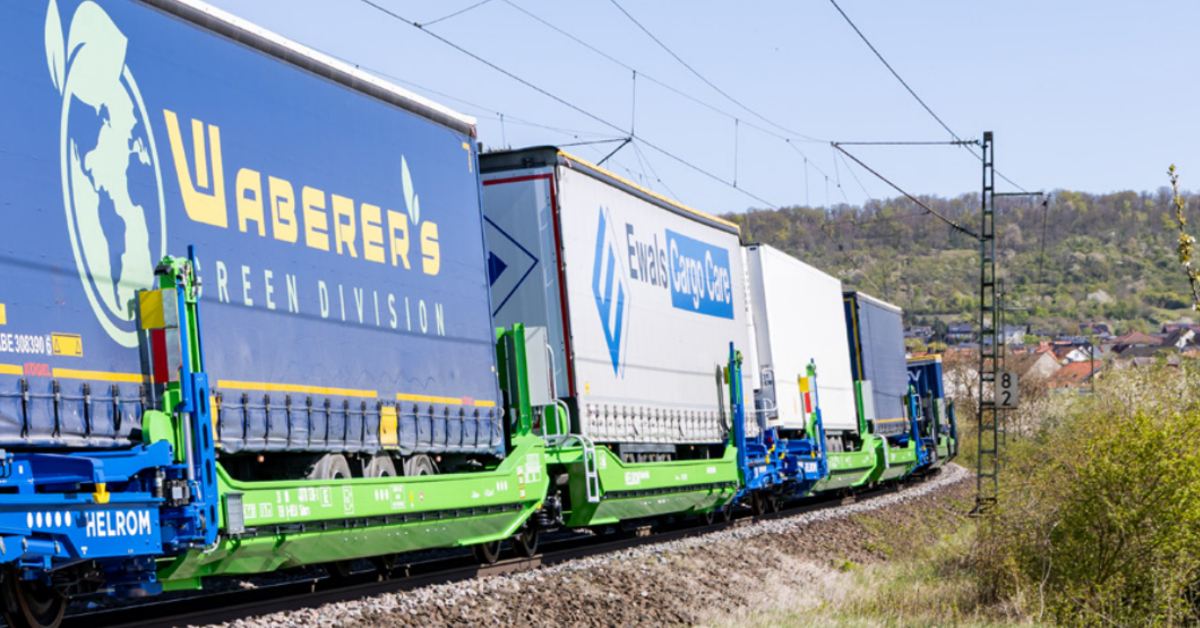At the TNW Conference 2021, the predominant theme was the “sense of normalcy”. After being forced to delay last year’s conference and later run it virtually, the Next Web conference returned to a hybrid format this year. With both in-person attendees and online attendees, the conference showed what normalcy could look like in the immediate future.
The event serves as a stark contrast to countries like India where people are still required to mask, follow social distancing, obey lockdown rules and hope they get an appointment to get their first jab. The embrace of normalcy is not particularly new to TNW Conference and it is something we witnessed during the Dutch Grand Prix where almost 70,000 people came to witness Max Verstappen lead the race and win as the orange army got their flares ready.
This sense of normalcy was also evident in the way tech executives spoke at the stage. If you felt anxious joining a new company during the pandemic then imagine joining a company as CEO and being given the ardent task of innovating an old-fashioned industry. Well, Marc de Vries not only started at Swapfiets as CEO but one at the centre of a revolution.
Fiets means Bicycles
For any company, the name should communicate the business idea. It should inform people about the nature of business and Swapfiets is not something that everyone can understand right away. At TNW Conference 2021, Marc de Vries explains that fiets means bicycles in Dutch and a Dutch startup, the company did not want to change its identity to something like Swapbikes when it went to another Western market.
This is remarkable as a startup is staying true to its origins and not just tailoring to win market share. Swapfiets was founded in 2014 but really took off in 2017 and Marc describes the company as a middle between bike sharing and owning a bike. He says the idea of Swapfiets’ founders was to ensure that people don’t dump their bikes once they broke underneath the canal and instead become a Swapfiets member and get one of their four bike models.
Apart from the name, another distinct attribute of Swapfiets bike is their blue front tyres.
When Mark Zuckerberg’s ability to continue as CEO of Facebook gets increasingly questioned in a Silicon Valley where co-founders have ceded their control, Marc de Vries has taken over as CEO from co-founders Richard Burger, Martijn Obers, and Dirk de Bruijn. He joined during the pandemic and notes that the biggest challenge has been knowing the company.
Marc says that many people who joined the company after him have already started recognising him as an older employee. As a result, he has been able to get the cultural fit and even focus on scaling the company to one million users. For Marc, customer experience is the primary focus and he says “getting people out of their cars and moving into micro mobility” will be the biggest accomplishment for Swapfiets.
Making culture more accessible
One of the startups impacted directly by COVID-19 has to be Tiqets. The startup connects travelers looking for last minute tickets to museums and attractions all over the world. With museums shut down due to the pandemic, Tiqets had no business but the adverse situation led to the company rethinking its business model. In fact, Luuc Elzinga, Founder & President of Tiqets, sees the pandemic as a harbinger of coming change in cultural experience.
Whether you are in Europe or the USA or Africa or Asia, there is a common thread between visits to national parks, museums, zoos or aquariums. These are not just visits but ones that let families and friends bond and get into the cultural or topographical experience. Elzinga explains that the mission of Tiqets is to make culture more accessible. He says one of the biggest lessons for him as an entrepreneur is that hiring should be a team effort.
At the TNW Conference 2021, he said that the worst day for Tiqets during the pandemic was one where they had revenue of only €28, which they had to refund since museums were closed. Luuc Elzinga, who likes the Prado Museum in Spain and the 9/11 Museum for their cultural importance, believes that attracting more domestic customers even though International travel has rebounded will be the path to resurgence in the immediate term.
Tiqets is also looking to collaborate with coworking spaces, tourist sites like La Sagrada Familia. The idea behind these collaborations is to offer an unique experience that is tailored for customers based on their age. He cites examples of how a 5 year old and 8 year old can have different learning at any museum based on their existing knowledge and exposure to the world.
He also wants to use technology to ensure that “there is no boundary to enter a museum or local attraction anywhere in the world.” With the economics of the travel industry troubled by the pandemic, Elzinga sees a big difference between business and leisure travel. He also sees startups like his which have recovered and improved unit economics during COVID will continue to chart new growth and solve issues.
Bigger is Better
While Marc de Vries and Luca Elzinga lack the luxury of being bigger in their respective market, Jitse Groen, CEO of JustEatTakeaway.com explains why being bigger makes you better. Groen is a Dutch billionaire who started Takeaway.com (originally called Thuisbezorgd.nl) in 2000. While he still sees Booking.com as an example of a successful startup, his humble beginning never escapes him.
At TNW Conference 2021, he explains how no Dutch ecosystem existed when he started Takeaway.com at the age of 21. But now that the company is listed on Euronext Amsterdam, London Stock Exchange and the Nasdaq, he says that how the company started has nothing to do with how they operate now. He is vocal about the importance of markets and the importance of having both a profitable business and a legal one.
In 2021, Groen came at Uber CEO Dara Khosrowshahi on Twitter. At TNW Conference 2021, he doubled down by saying, “Uber should do things legally”. While Uber might be a $80 billion tech company, Groen enjoys the luxury of being the market leader at a number of markets that JustEatTakeaway.com operates in. He candidly says that he hates that his company is not the #1 in France.
Groen owes the success of Takeaway.com, which led to merger with JustEat and recently with Grubhub, to the central idea of looking at how customers would feel about what they do. He is so rooted in this vision that JustEatTakeaway.com employs most of the couriers(delivery partners) in Europe. A practice that Uber won’t follow and one that many countries could force upon delivery companies soon.
Like Marc de Vries, Groen says he also struggles with names when the company starts operation in another country. He says since the order is local, the name should be local too. But it does not necessarily mean that JustEat localises its name in every market. It also follows the business model on which it succeeded when they started operating in Holland for the first time.
There is a ceiling as far as success is concerned in food delivery. Groen is already looking ahead to the next phase of JustEatTakeaway.com. While he is focussed on food right now, they are also testing flash grocery delivery. But Groen says it won’t deliver things like mobile chargers since it doesn’t make business sense. One thing we could see soon is the launch of a JustEatTakeaway.com branded Credit Card allowing business people to order and bill their employers.
COVID has completely changed the way businesses function. They no longer can rest on their laurels and continue to run their businesses on the model from the past. At TNW Conference 2021, Swapfiets, Tiqets and JustEatTakeaway.com showed what the path ahead could look like for their startups and for the industry at large.










01
These are the top UK-based PR agencies for startups and scale-ups in 2025